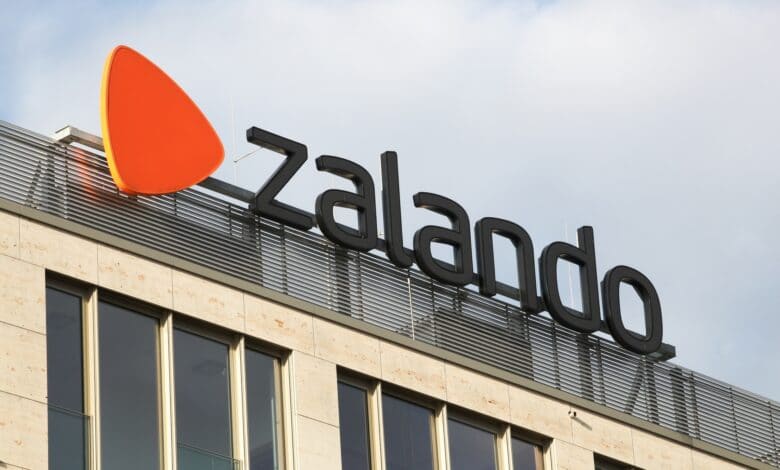
The market power of Internet companies like Google, Meta, Amazon, etc. has been a thorn in the side of the European Union for some time. In the meantime, some gigantic companies have also formed in our area, which are now also threatened with consequences from EU restrictions. Of course, they do not want to accept this without further ado. Accordingly, affected companies such as Delivery Hero and Zalando are now taking up defensive positions. They want to obtain that restrictions on the part of the EU should not apply to European Internet groups.
Fear of EU restrictions
Names like Zalando, Booking.com and Delivery Hero stand for success stories on the Internet. But with their sometimes gigantic success, companies of this stature could now face problems. The reason for this is the EU regulations that will soon come into force, which aim to curb the dominance of large IT companies. The stricter rules do not yet make a distinction between European and US companies. This means that the sword of Damocles of threatening sanctions hovers over every company of a corresponding size. Now, a total of ten European companies have joined forces to take action against the planned new regulations.
In a letter to the EU Commission, they argue that they should not even be included in the planned regulations of the digital law that is soon to come into force. In doing so, they argue that the digital law does not even apply to their own business practices. According to the letter, which “Der Spiegel” has obtained, it says the Digital Act
“only reflects the business models of social media platforms, search engines or app stores”
Must there be a rewording?
The purpose of the Digital Act was indeed to curb a little the all-overshadowing market power of gigantic tech corporations such as Meta, Google and Amazon. But quite obviously, they didn’t think far enough when formulating the law. If you read the digital law, you will notice that even small European companies like the second-hand online store Vinted would fall under the regulation. The reason for all this is undoubtedly the equation of visitor numbers with actual customer numbers. According to Zalando and Co., a completely false picture is being drawn here.
Content of digital law is still controversial
It is not only from the side of the companies that criticism of the current content of the Digital Act is still hailing. For example, there are still some voices calling for the law to be limited only to the large U.S. tech corporations. Others, however, think it is a good thing that successful companies in the EU also fall under the effect of the Digital Act. This is also the case with René Repasi from the SPD. The latter thinks it is right and important that the digital law has a uniform effect for all companies operating on the market and says on the subject
“A company like Zalando, which makes its online sites available to third-party providers, also has sufficient power to change the market structure”
There will probably be a lot more discussion on the content of the digital law. We are curious to see if the letter from the European companies will have an impact on the final version.




No replies yet
Neue Antworten laden...
Neues Mitglied
Beteilige dich an der Diskussion in der Basic Tutorials Community →